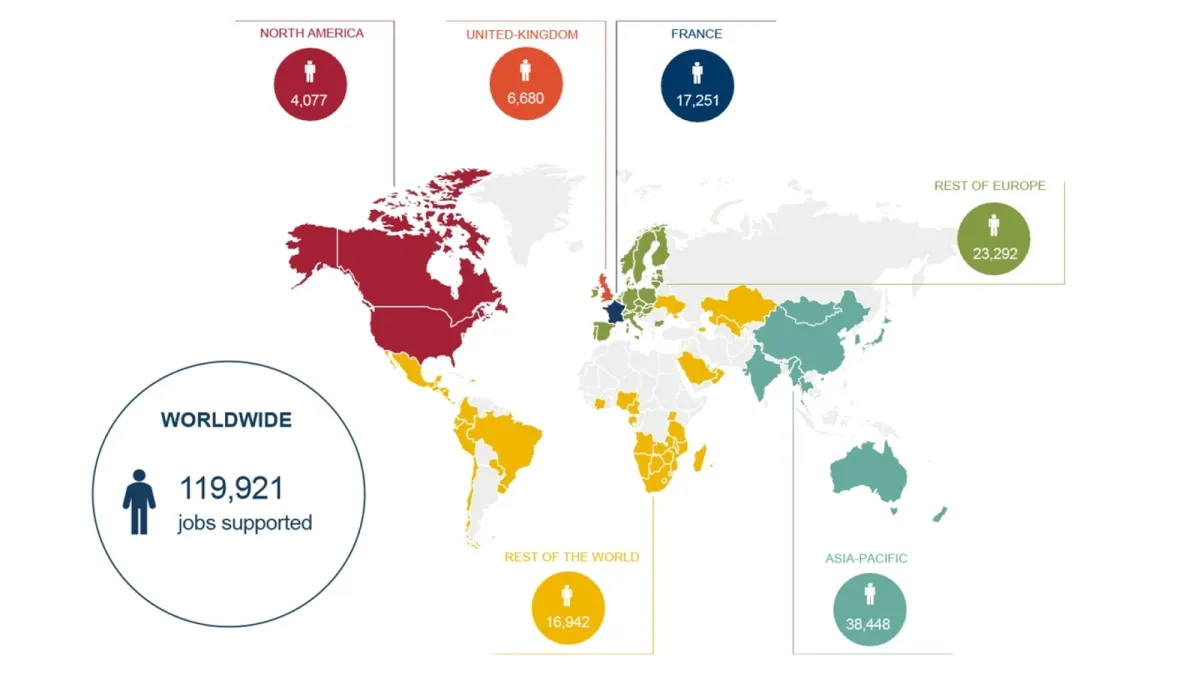
JCDecaux, the world's largest outdoor advertising company, unveiled the results of a comprehensive study examining its global socioeconomic footprint. Conducted by Utopies, a French agency, with Ernst & Young providing audit services, the study expands on a pilot program conducted in France during 2019.
The new study aimed to quantify JCDecaux's contributions to economic and social development across its global operations. The company emphasizes its commitment to transparency and using verifiable data to measure its impact.
The Utopies study highlights several key findings regarding JCDecaux's global impact:
- Job Creation: JCDecaux's business activities supported nearly 120,000 jobs worldwide in 2022, with 41% concentrated in Europe. For each direct job created by the company, an additional 9.7 jobs are supported elsewhere in the global economy. In France alone, JCDecaux's activities supported nearly 14,700 jobs in 2022, with a ratio of 3.6 additional jobs supported for each direct job created.
- Economic Impact: JCDecaux reinvests nearly half of its generated resources to finance the development and upkeep of public spaces and transportation infrastructure. This financial support benefits cities, transportation authorities, airports, shopping centers, and private landowners, alleviating the burden on public budgets.
- Environmental Considerations: JCDecaux prioritizes sustainable mobility solutions through its bus shelters, public transportation infrastructure, and self-service bike programs. Nearly half of the company's revenue now aligns with the European Green Taxonomy, a classification system promoting environmentally sustainable economic activities.
JCDecaux unveiled its "committed SBTi" Climate Strategy in June 2023, outlining ambitious goals to reduce its carbon footprint across the entire value chain. The strategy emphasizes measurement, reduction, and contributions beyond the company's direct operations, aiming for net-zero carbon emissions by 2050.
The company's dedication to environmental and social responsibility aligns with evolving global procurement practices that increasingly prioritize sustainability alongside traditional cost considerations. JCDecaux highlights its strong performance in environmental, social, and governance (ESG) ratings from leading agencies like CDP, achieving Leadership status and securing a place on its A list.
JCDecaux's commitment to transparency and sustainability extends to its partnership with the United Nations Joint Sustainable Development Goals Fund. This collaboration aims to mobilize stakeholders in initiatives promoting economic, environmental, and social progress.
By renewing its socioeconomic footprint study, JCDecaux underscores its dedication to responsible business practices and its contributions to developing valuable services for cities and transportation partners worldwide. The study's findings serve as a testament to the company's positive impact on communities and its commitment to creating a more sustainable future.

